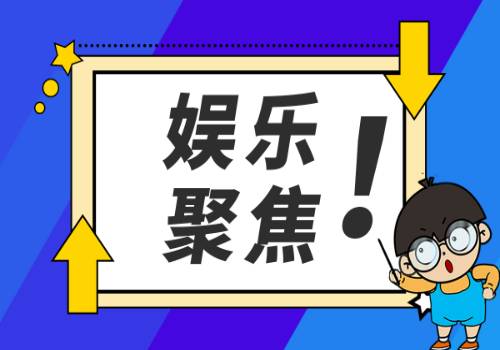

You are given a 0-indexed integer array nums. You are allowed to permute numsinto a new array permof your choosing.
We define the greatness of numsbe the number of indices 0 <= i < nums.lengthfor which perm[i] > nums[i].
Return the maximum possible greatness you can achieve after permuting nums.
 (相关资料图)
(相关资料图)
Example 1:
Input: nums = [1,3,5,2,1,3,1]
Output: 4
Explanation:
One of the optimal rearrangements is perm = [2,5,1,3,3,1,1].At indices = 0, 1, 3, and 4, perm[i] > nums[i]. Hence, we return 4.
Example 2:
Input: nums = [1,2,3,4]
Output: 3
Explanation: We can prove the optimal perm is [2,3,4,1].At indices = 0, 1, and 2, perm[i] > nums[i]. Hence, we return 3.
想啊想,用队列还是优先队列。。。结果不需要额外的空间,自己跟跟自己去比对,2个指针就可以。。。我真的还是太笨了
Runtime: 11 ms, faster than 100.00% of Java online submissions for Maximize Greatness of an Array.
Memory Usage: 59.4 MB, less than 100.00% of Java online submissions for Maximize Greatness of an Array.
标签:





























